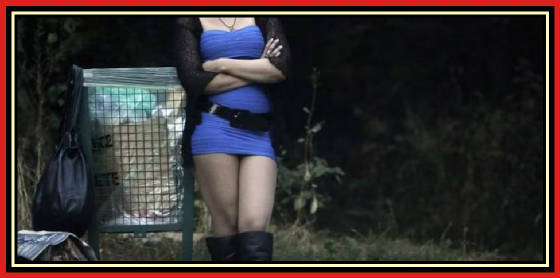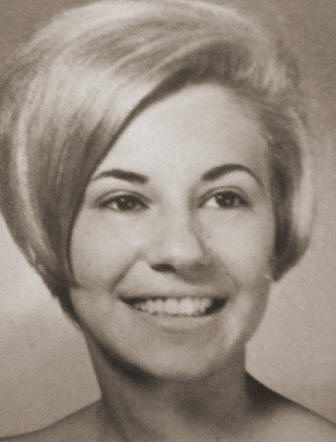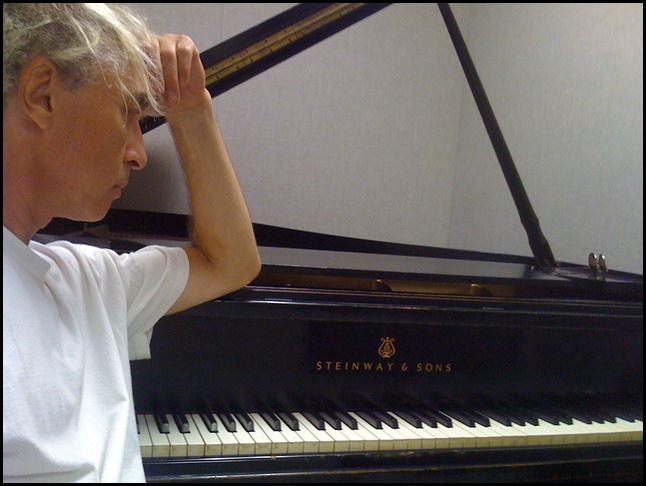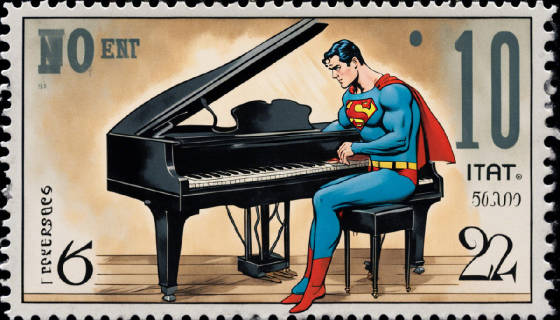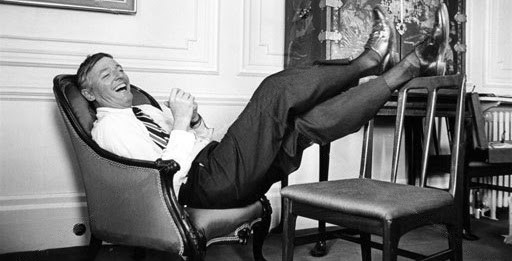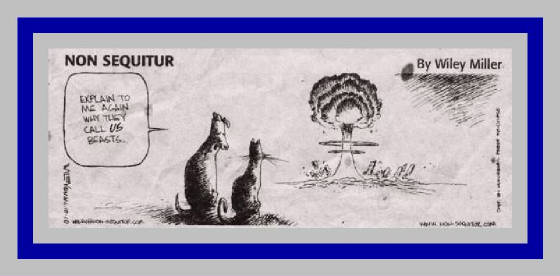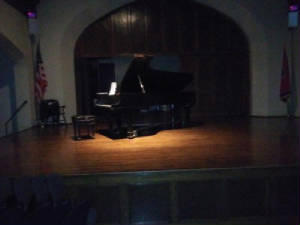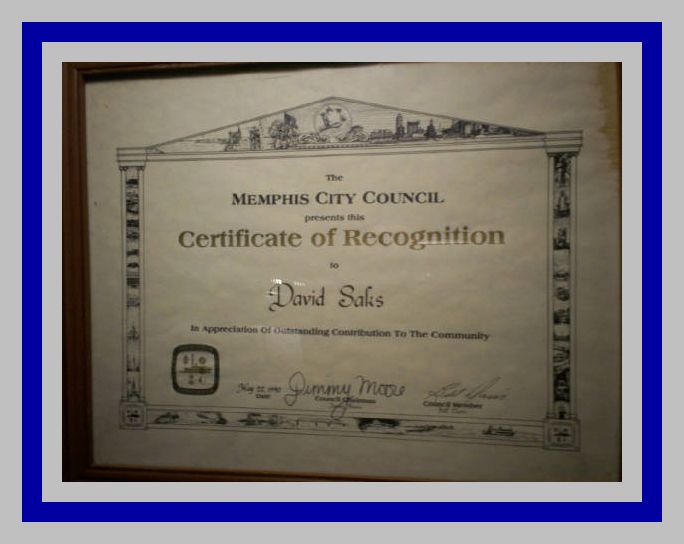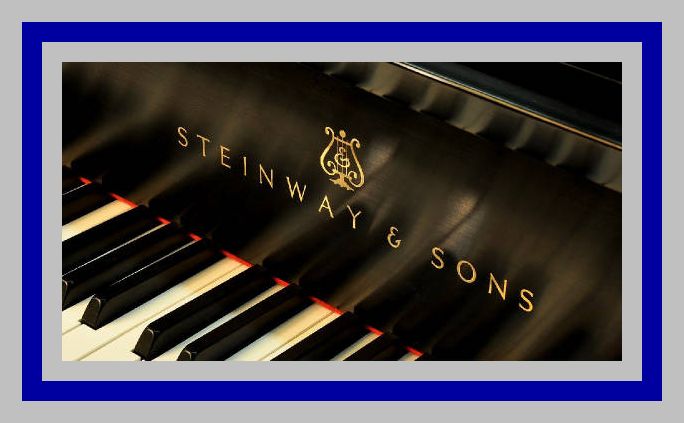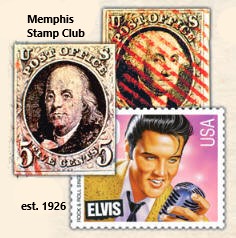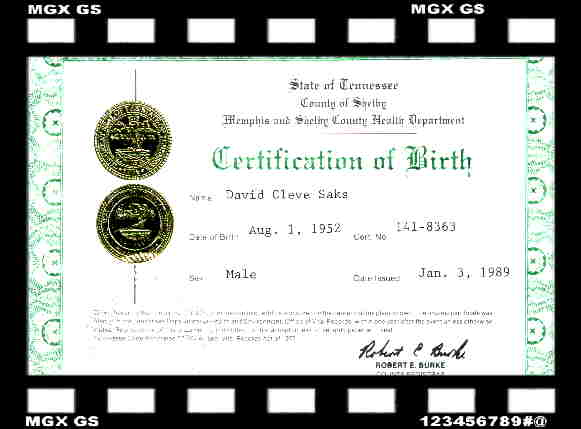Online Since 1999
|
The Official WebSite Of David Cleve Saks
|

|
|
By Far & Above The Most Expensive Thing On Earth Is Love. Make Sure You Can Afford To Keep It. The Cost Of Losing It Will Break You. -David Saks-
David & The Blue Angels F11F Fighter Jet
Patience & Learning "You can't simply climb into a jet, push buttons and fly. You'll crash, burn and you might die if you try. Be smart! Be patient and learn from those with more experience than you possess and you'll face the challenges that surround you with confidence."
David & The United States Navy Skyhawk II Fighter Jet
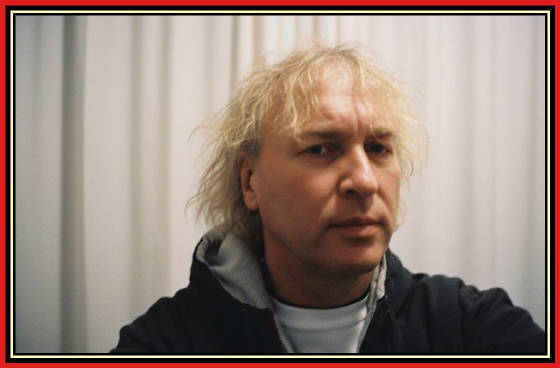 "I'm not the kind of person that gets close to someone, get what I want out of them and move on." A man who has friends must himself
be friendly.
(Proverbs 18:24)
David Saks was at Graceland
on the day Elvis Presley died, Rhonda Carol Saks
(1949-1986) and he was honored by Graceland and
the U.S. Postal Service for his role in the 1993 Elvis stamp issue. He was close to the family and a fixture at the mansion. the day Elvis died. This event is
a notable detail of their shared history. which united fans and family members in Memphis. and members of the Presley family. Elvis himself also maintained very close relationships with some fans. Fan friendships with family members an ambassador for Elvis's fans. He would speak to fans who gathered at the gates, offering information and praise for Elvis. This helped create a direct and personal connection between
the Presley family and the fan base. After Elvis's death, Billy and his wife, Jo, started a YouTube channel called Elvis Fans Matter, continuing to engage directly with fans and share stories about Elvis. also developed close friendships with fans. One fan recounts a long-time friendship with them, which began when he attended an event where Ricky was speaking. Their bond deepened over the years, with the Stanleys treating the fan like family. a fan with cerebral palsy who was the president of the Elvis Tankers Fan Club while Presley was in the Army. Gary was invited to Elvis's second wedding reception at Graceland, and Elvis even gifted him a new wheelchair when his family could not afford one. This example demonstrates Elvis's personal appreciation and care for his devoted supporters.
Superman Stamp by David Saks Superman © DC Comics. Joanne Siegel & Laura
Siegel Lawson
David Cleve Saks is a Memphis native and musician known for his extensive and diverse contributions in music, radio, fair housing, and community activism.
Born August 1, 1952, he is a respected musician and composer whose songs "In Memphis" and "One Last Bridge" were adopted by the Memphis City Council as the official songs of Memphis in 1990 and 1991.
His music manuscripts are preserved in the Library of Congress, and he has performed at renowned venues such as Steinway Hall in both London and
New York.
volunteering at the University of Memphis campus radio station in 1969.
He is known for his on-air presence, especially on WUMR, where he curated jazz and related musical styles.
Over his five-decade radio career, he played a pivotal role at several Memphis stations and contributed to community music education.
Saks is a licensed real estate professional dedicated to fair housing and has actively opposed predatory lending and taxation practices in Memphis.
He has served on fair housing committees and worked to revitalize blighted neighborhoods, advocating for both fair trade and community safety.
His efforts include reducing the number of blighted properties in Memphis and enhancing community services for the physically
challenged.
and also studied abroad, including institutions in Israel and during a summer at Harvard College.
He is recognized as a philatelist and has earned several awards for his work in stamp collecting, serving as a life member of the American
Philatelic Society, director and ambassador for the Memphis Stamp Club.
especially towards charitable causes like St. Jude Children's Research Hospital.
He is also a writer and a prominent
figure in Memphis's cultural history. Memphis Music and Culture
spanning songwriting, performance, radio, and community advocacy.
which were adopted in unanimous resolution by the Memphis City Council in 1990 and 1991 as the city’s official songs.
These works highlight Memphis’s musical heritage and are preserved in the Library of Congress and the Memphis Public Library’s Memphis Collection.
hosting shows dedicated to jazz, blues, and other genres on WUMR at the University of Memphis, WEGR Rock103, WTGR, and Rhodes College’s WLYX.
He helped establish campus radio stations that aired diverse music and community programming, supporting the growth of musical appreciation and education in Memphis.
including Steinway Hall in London and New York, contributing both original compositions and innovative musical blends.
His work exhibits a blend of jazz, classical, and improvisation, reflecting
the vibrant and diverse musical traditions of Memphis.
and his support for institutions such as St. Jude Children's Research Hospital.
He is involved in improving fair housing practices and has actively opposed predatory lending and housing discrimination
in Memphis.
music historians, and community leaders.
His commitment to Memphis has made him an enduring figure in the city’s cultural landscape, connecting music, heritage, and social responsibility.
Unanimous Memphis City Council Resolutions
The Memphis City Council officially recognized David Saks’s songs by adopting “In Memphis” and “One Last Bridge” as the official songs of Memphis through unanimous council resolutions in 1990 and 1991.
These adoptions were formalized by city government votes, granting the songs special status as official cultural representations of Memphis.
This honor acknowledged both his musical contribution and his impact on Memphis’s cultural heritage, with his music manuscripts preserved in the Library of Congress.
“In Memphis” and “One Last Bridge” by David Saks, hold historical significance as symbolic cultural representations that celebrate the city's unique legacy in American music and civic pride.
Their adoption by the Memphis City Council in 1990 and 1991 formalized the city’s recognition of its own musical roots and identity, echoing Memphis’s celebrated contributions across blues, soul, gospel, and rock’n’roll traditions.
and honor Memphis’s reputation as a birthplace of influential genres and legendary artists.
The official designation illustrates the city’s commitment to preserving and promoting its artistic heritage, fostering civic pride, and inspiring future generations to appreciate Memphis’s impact on the broader musical landscape.
Lasting Influence
these songs continue to contribute to the documentation of local history and cultural memory, demonstrating Memphis’s resolve to honor and sustain its musical and cultural achievements.
This recognition solidifies the role of music as a defining feature of Memphis’s identity in both local and national contexts.
Official songs such as “In Memphis” and “One Last Bridge” deeply shape Memphis’s cultural identity by serving as musical emblems that unify diverse communities, reinforce civic pride, and showcase the city’s historic role as a birthplace of unique genres and social movements.
Unifying & Representing Memphis’s Heritage
and unity, and echoing the city’s reputation for innovation in blues, soul, gospel, and rock. They help residents and visitors connect with Memphis’s history —from Beale Street’s legendary role to the civil rights movement and beyond— making music a living bridge between past and present.
Fostering Pride and Social Cohesion
across racial, cultural, and generational lines.
These songs are performed at civic events and celebrations, encouraging people to take pride in their shared heritage and to recognize the city’s
unique contributions to American music and culture.
highlighting Memphis’s commitment to artistic achievement and cementing music as a central, enduring thread in its cultural fabric.
In sum, the Official Songs of Memphis help Memphis celebrate its diversity, history, and enduring influence on global music culture.

Blue Angels
|
Dedicated Musicians Reveal A Meritorious Degree Of Academic Excellence
And A Healthy Spirit Of Leadership, Cooperation & Community Service
For
many musicians, a healthy spirit of leadership involves fostering a team environment where trust, mutual respect, and shared musical goals are prioritized. This
spirit is essential for effective musical teamwork and can be cultivated through practices such as shared vigilance, where band and orchestral members
look out for
each other's safety and well-being, and by encouraging musical innovation and open communication. Musical
leaders play a crucial role in setting the tone for cooperation by demonstrating integrity, passion for their work, and a commitment to
shared values. They must also create conditions that support trust and cooperation,
rather than
simply instructing band members to cooperate. Innovative leadership can inspire musical
ensembles to achieve remarkable results,
as it drives success and sets organizations apart from competitors. When musicians promote
innovation, they empower others to
innovate at higher levels, leading to increased efficiency, skill development, and enthusiastic musical engagement. Fostering
a positive band spirit can be achieved by celebrating musical achievements, expressing appreciation for a job well done, and creating opportunities for band members
to feel a sense
of belonging and great pride in their work. Musical leadership is not confined to bandrooms
but can be found in
families, schools, and organizations of all kinds. Every person has the potential to lead,
and understanding how
to cultivate and apply leadership abilities is key to fulfilling one's calling in life. By focusing on attitude
and the spirit of leadership, musicians
can unlock their potential to lead effectively and positively influence those around them. Excellent
musicical leadership and artistry is an answer. I have always believed,
and will always believe, that
it is essential to raise the emotional well-being of those with lowered dignity. Failure to do so is catastrophic and leads to the destruction of the vital,
principle animating
force within all of us. Musicians boldly confront this challenge and improve the quality
of life. -David-
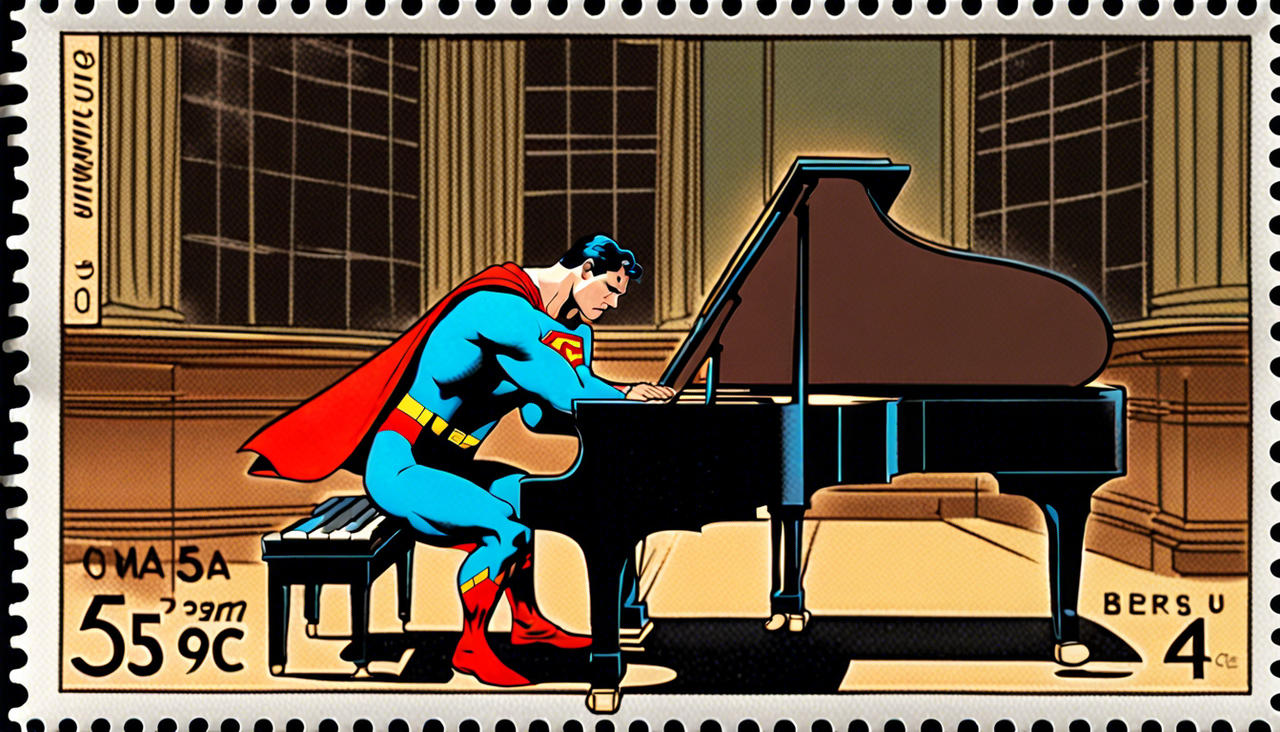 Superman At The Piano Your ImaginationTakes Flight With A Piano You'll Soar Through The Clouds Like The Blue Angels Your Heart & Your Home Become Filled With Laughter, Love
& Music The Most Valuable Players Sit On The Bench
SupermanTuning
A Piano by David
Saks
If A Picture's
Worth A Thousand Words It Talks Too Much William F. Buckley (November 24, 1925 –
February 27, 2008) Laughing Is Any Picture Worth Excessive Verbal Ornamentation? The saying, "If a picture is worth a thousand words, it talks too much" is indeed attributed to the Memphis musician
David Saks. David Saks’ statement, “If a picture is worth
a thousand words, it talks too much” presents a thought-provoking
challenge to the conventional wisdom. The
phrase “a picture is worth a thousand words” suggests that a single image can convey complex ideas and emotions more effectively
than a lengthy written description. However,
Saks’ assertion implies that this very same image may be overwhelming, dominating
the narrative and drowning out other important aspects. The Overemphasis On Visual Communication In today’s visually-driven society, images have become ubiquitous, and the phrase “a
picture is worth a thousand words” has become a cliché. While
images can be powerful storytelling tools, they can also be overused and misused. Saks’
comment highlights the potential pitfall of relying too heavily on visual communication, where the image becomes the sole focus and other essential elements, such as context, nuance, and
subtlety, are lost. The Importance of Balance A balanced approach to communication, incorporating both visual and textual elements, is crucial. Words provide context, clarify intentions, and offer depth,
while images evoke emotions and convey complex ideas. By combining both, we
can create a richer, more engaging narrative that resonates with audiences. The Limitations of Visual Communication Saks’ statement also acknowledges the limitations of visual communication. Images can be misinterpreted, culturally specific, or
context-dependent, leading to misunderstandings or miscommunications. Moreover,
the “thousand words” phrase implies a one-size-fits-all solution, neglecting
the diversity of human experiences and the need for tailored expressions.
Conclusion David
Saks’ provocative comment encourages us to reevaluate our reliance on visual
communication and consider the importance of balance in storytelling. While
images can be incredibly powerful, they should not overshadow the value of words and other narrative elements. By acknowledging the limitations and potential pitfalls of visual communication, we can create more nuanced, engaging, and effective storytelling that incorporates the strengths of both images and text.
At age 27, for some, falling in love is an excercise in fertility. At age 72, for some, falling love is an exercise
in futility. You
know when you fall in love, at any age. -David Saks-
|
|
|
 |


